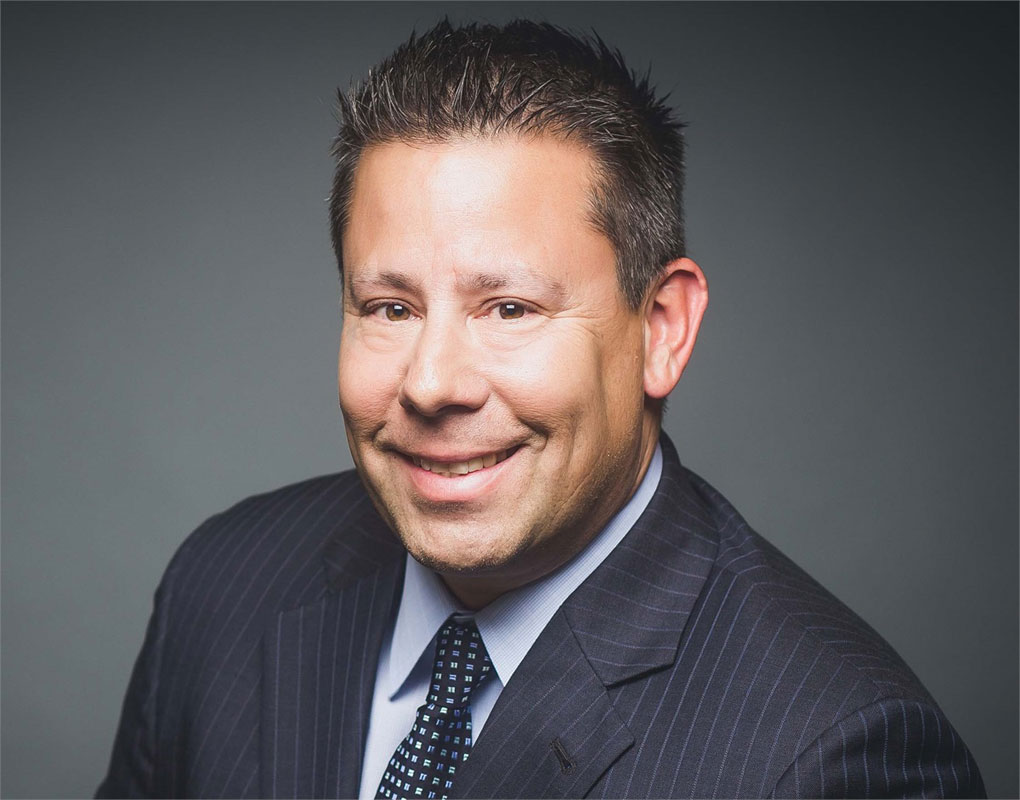It’s been nearly eight years since my youngest son Ethan was born with Down Syndrome. Ethan, or “E” as I call him, has become my adventuring partner and the apple of my eye. His coming into our family has opened many new doors in my life.
One of the most significant doors was somewhat due to need, and somewhat due to desire, and has led me down the road of integrating financial planning for families with loved ones with special needs into my Oak Partners practice. Now, after eight years of organically growing this part of my practice, I have been able to become a resource to many families dealing with these types of issues. It’s something I’m passionate about and proud of.
In the process, I’ve been reminded that special needs come in many forms, from cognitive and physical challenges to mental illness and addiction, and each family situation is unique. Sometimes concerns and needs are immediately apparent, like in Ethan’s case, but sometimes needs develop slowly and later over time.
I wish I could say every situation I’ve assisted with was approached proactively by the family with plenty of time to put planning in place, but this is not the case. Once in a while, there are “fires” needing to be dealt with, and planning that must be expedited. This week involved multiple scenarios fitting into this category.
So with these experiences fresh in mind I want to provide some important pointers for families dealing with special needs issues.
First, don’t put off planning. There could be a myriad of complex decisions needing to be navigated, including questions of guardianship, trustees and successor trustees. Financial decisions must be coordinated with care givers and family members, and there is likely to be a steep learning curve. The discussion and decisions involved may be emotional and take time; the time to start is now.
Second, be thoughtful and honest. No one can predict the future, but probabilities can be deduced and parental intuition can be invaluable. The care we as parents can provide can be envisioned with clarity, but none of us will be here forever, and planning for what comes next is often more difficult.
Third, don’t neglect funding. The best financial planning is ineffective without actual money. 401(k)s and IRAs are great retirement planning tools but can present serious challenges when inherited by individuals with special needs, and if real estate is involved, additional arrangements may be needed as well. Be open-minded to life insurance; as a funding tool in this type of planning it’s hard to beat.
Fourth, get help. There is a lot to learn, especially when government benefits are involved. Programs such as SSI, Medicaid and Medicaid waivers are complex and not intuitive, and incorrect decisions can have serious consequences. Most families will need an attorney who is well-versed in these programs and planning techniques and a financial advisor who can coordinate resources and provide guidance on day-to-day financial affairs.
A well thought out financial plan which is dynamic and adjusted over time is a beautiful thing. I’ve seen first-hand just what a difference having this work done, and not done, can make.
Opinions are solely the writer's. Marc Ruiz is a wealth adviser with Oak Partners and a registered representative of Sll investments, member FINRA/SIPC. Oak Partners and Sll are separate companies. Contact Marc at marc.ruiz@oakpartners.com.


